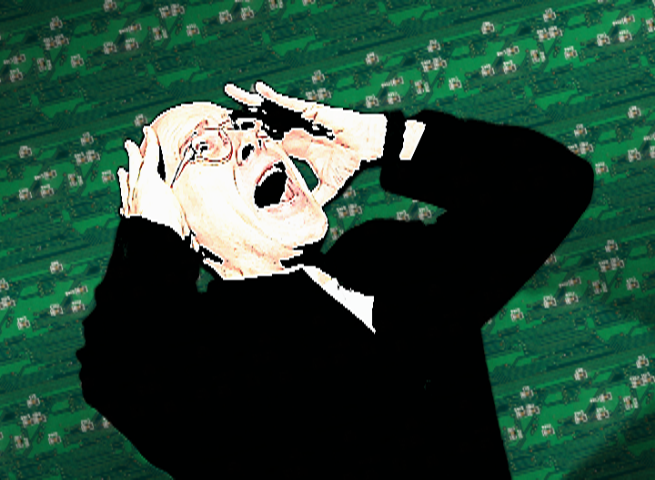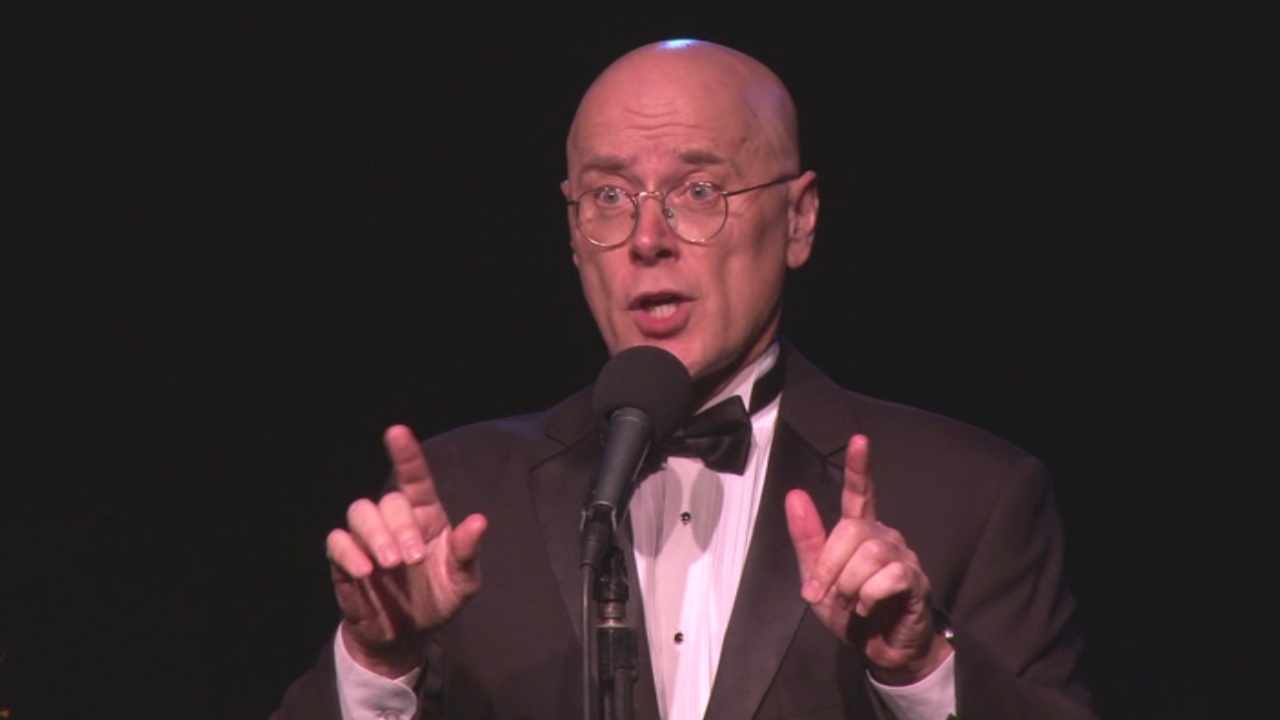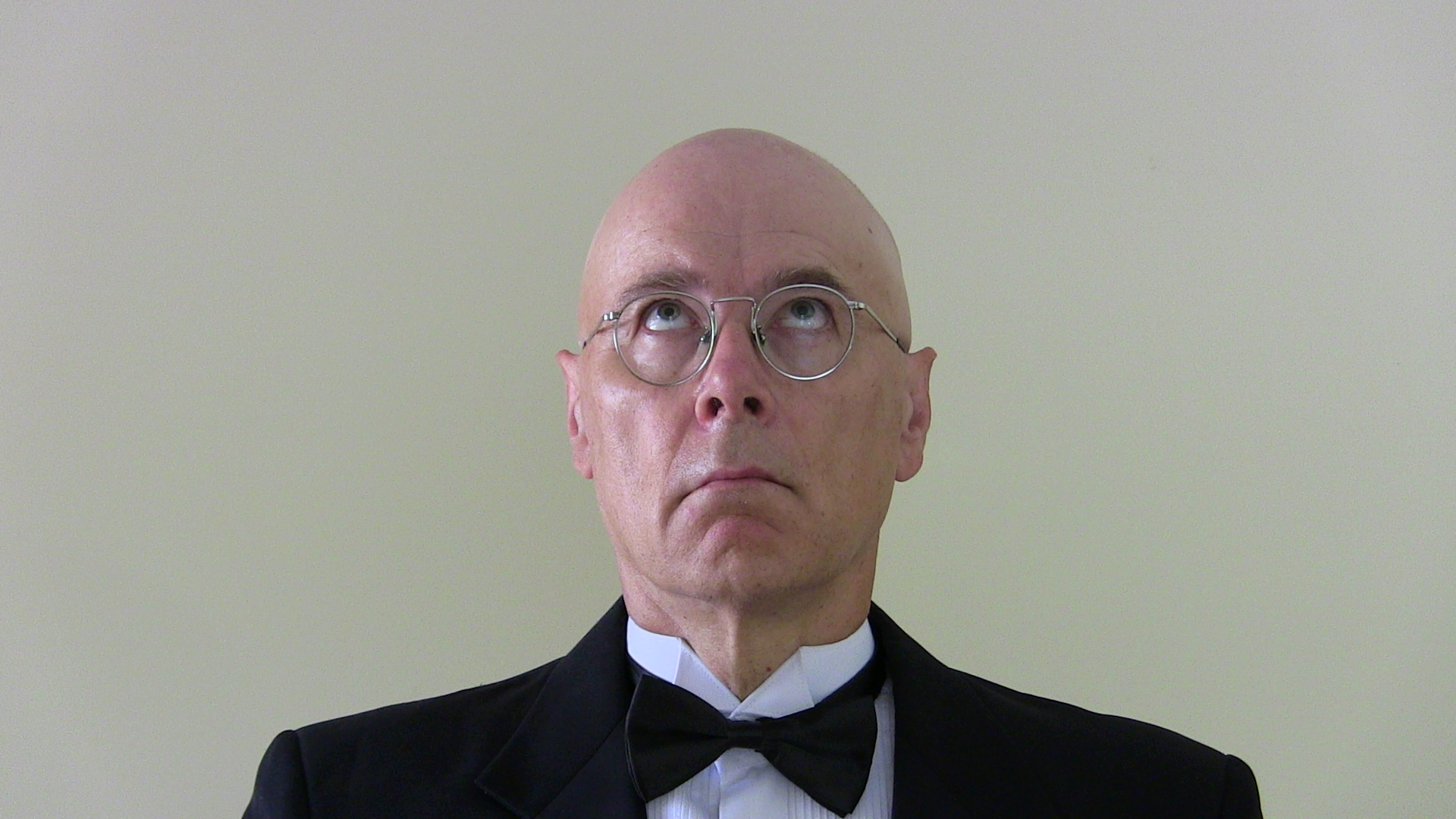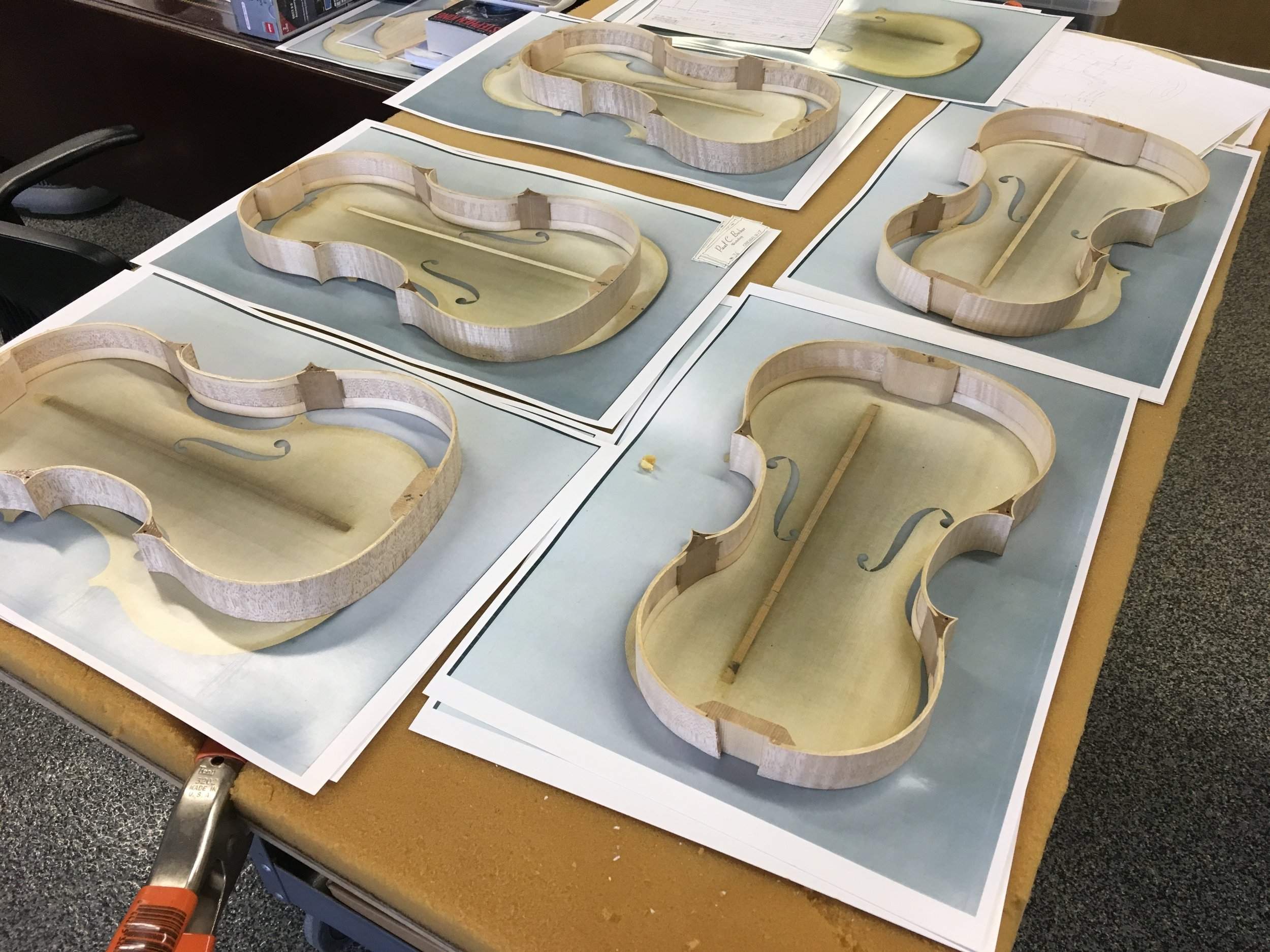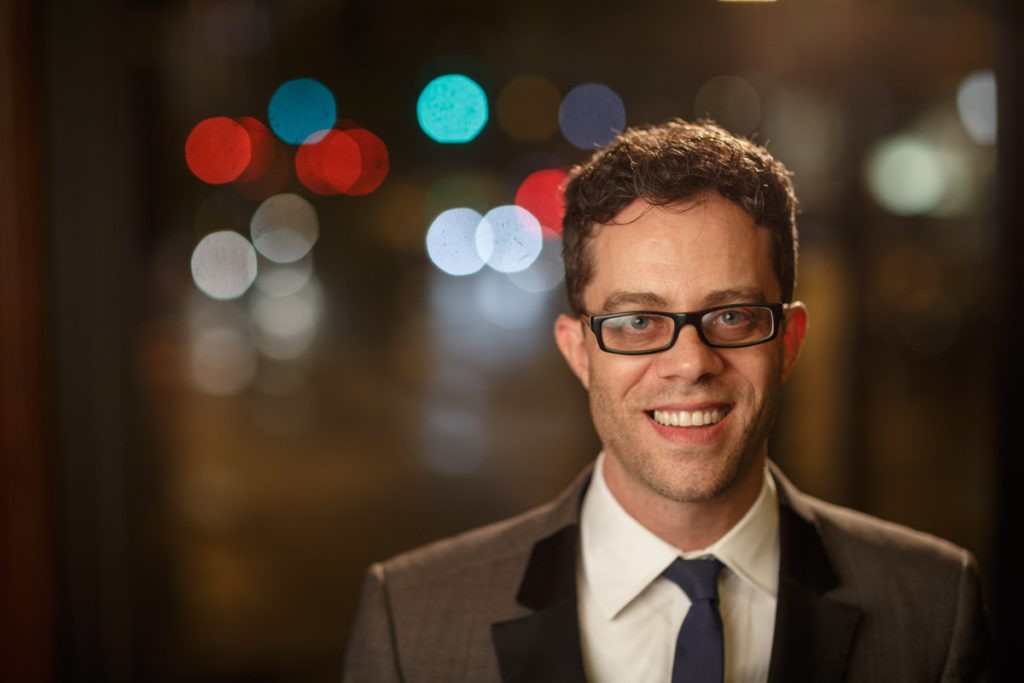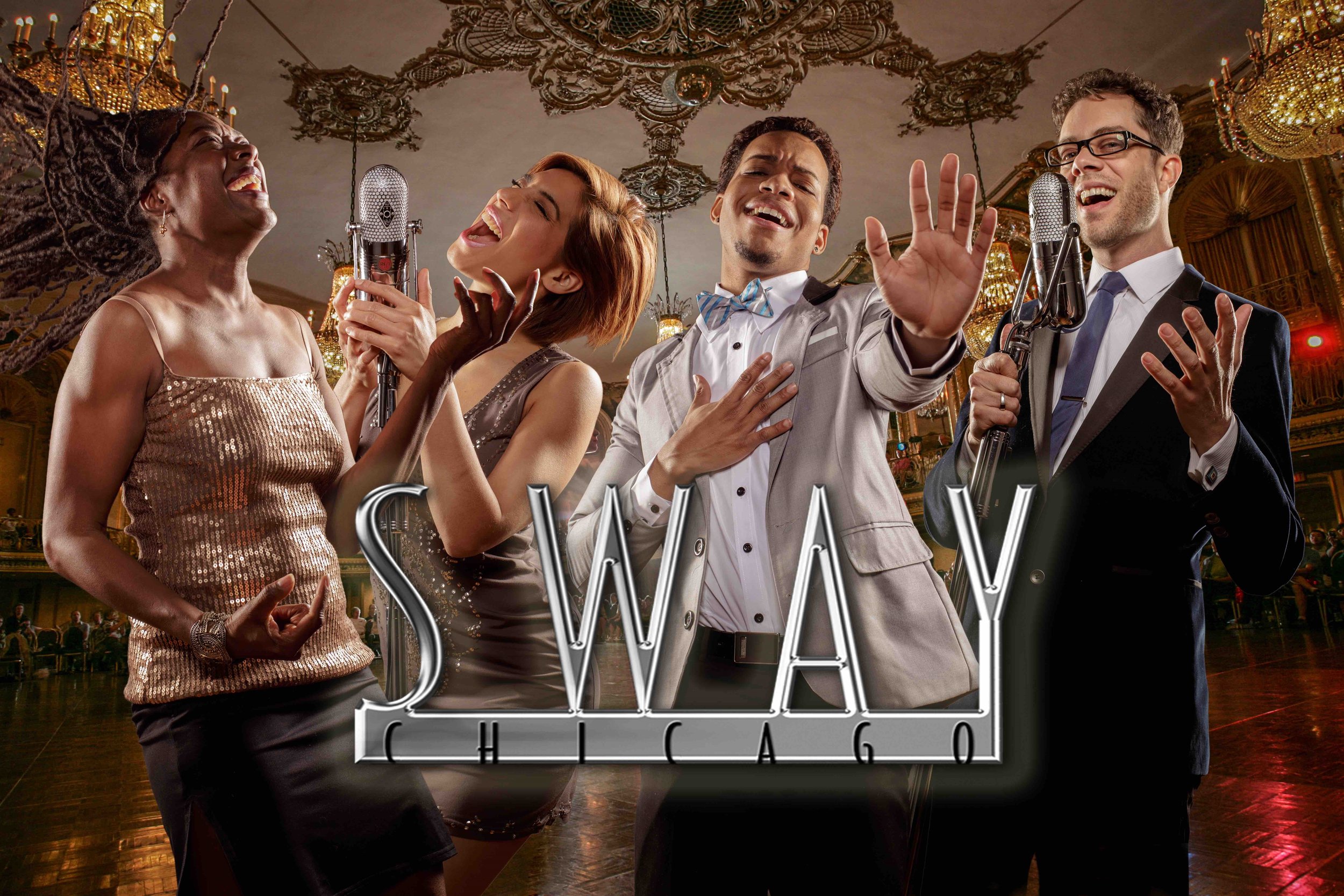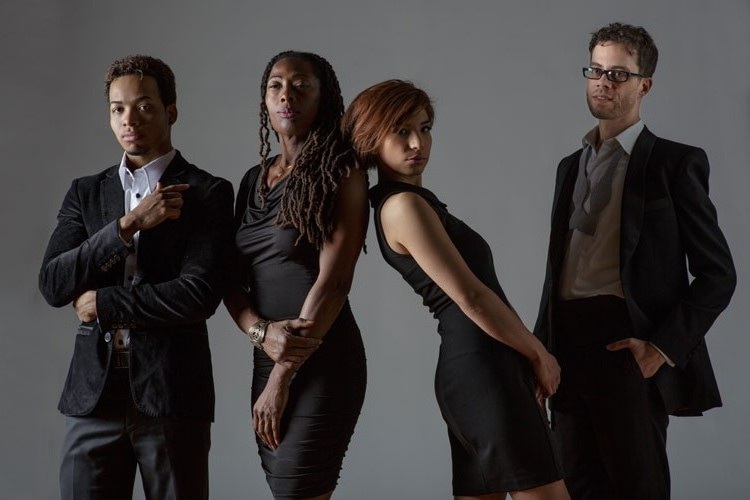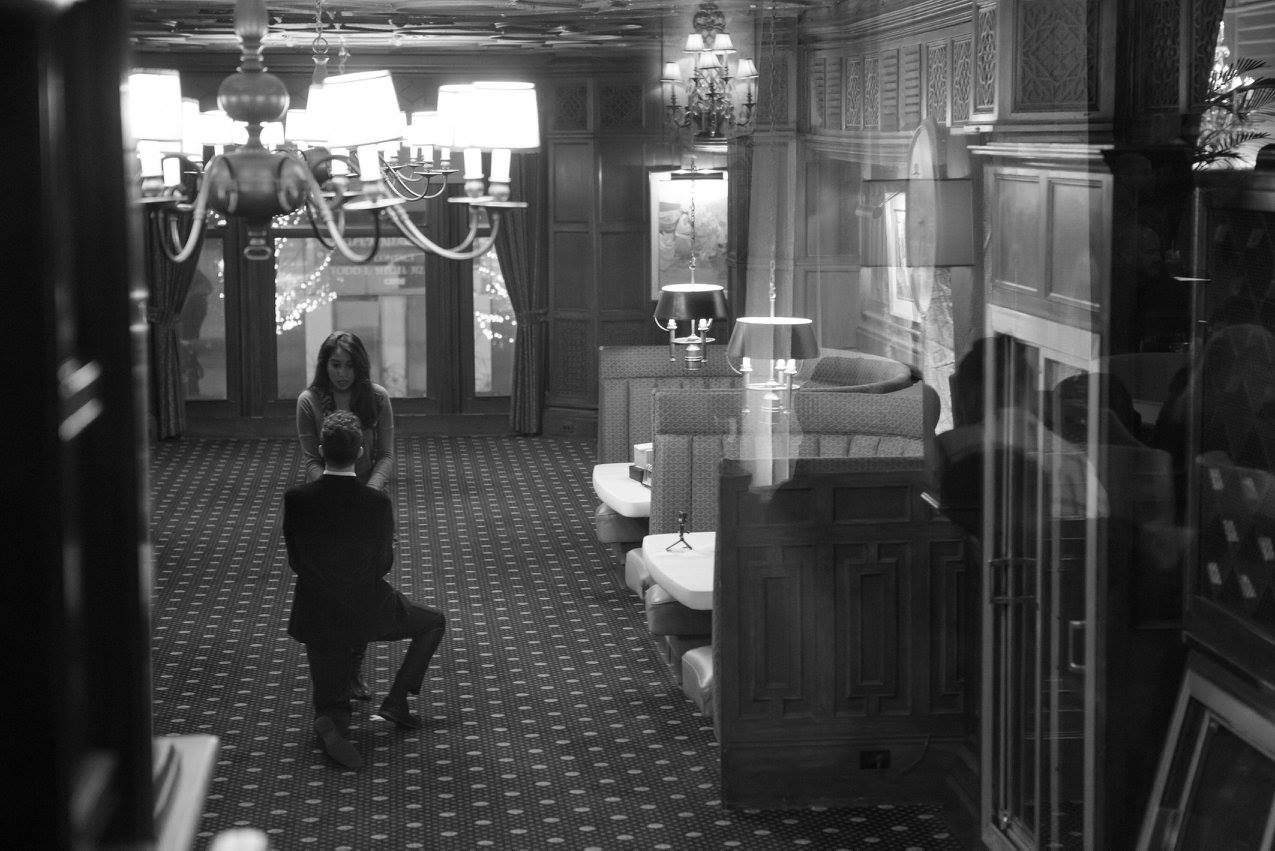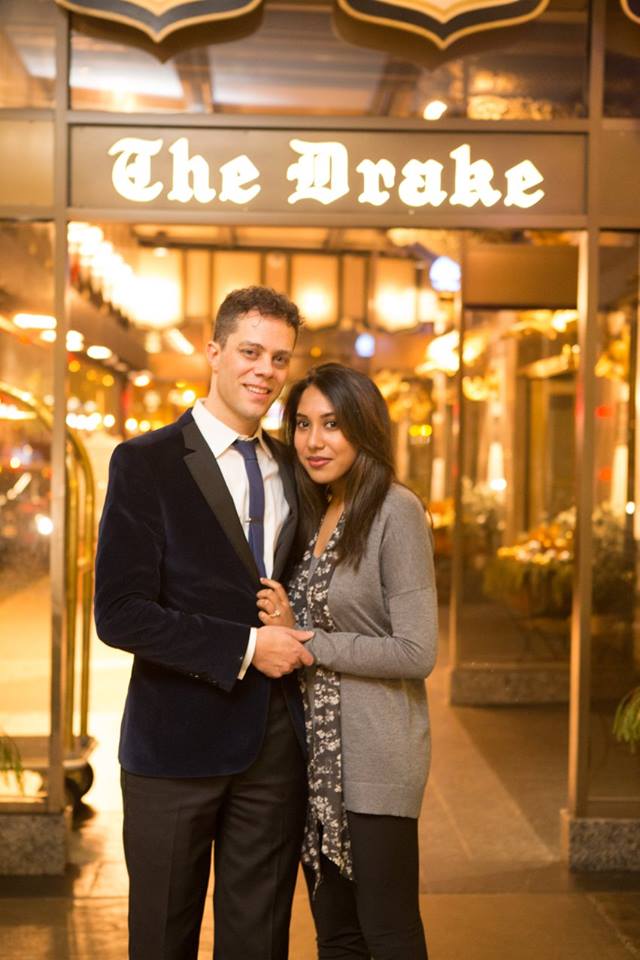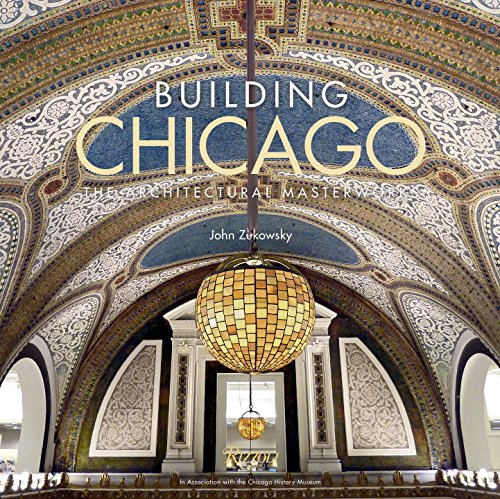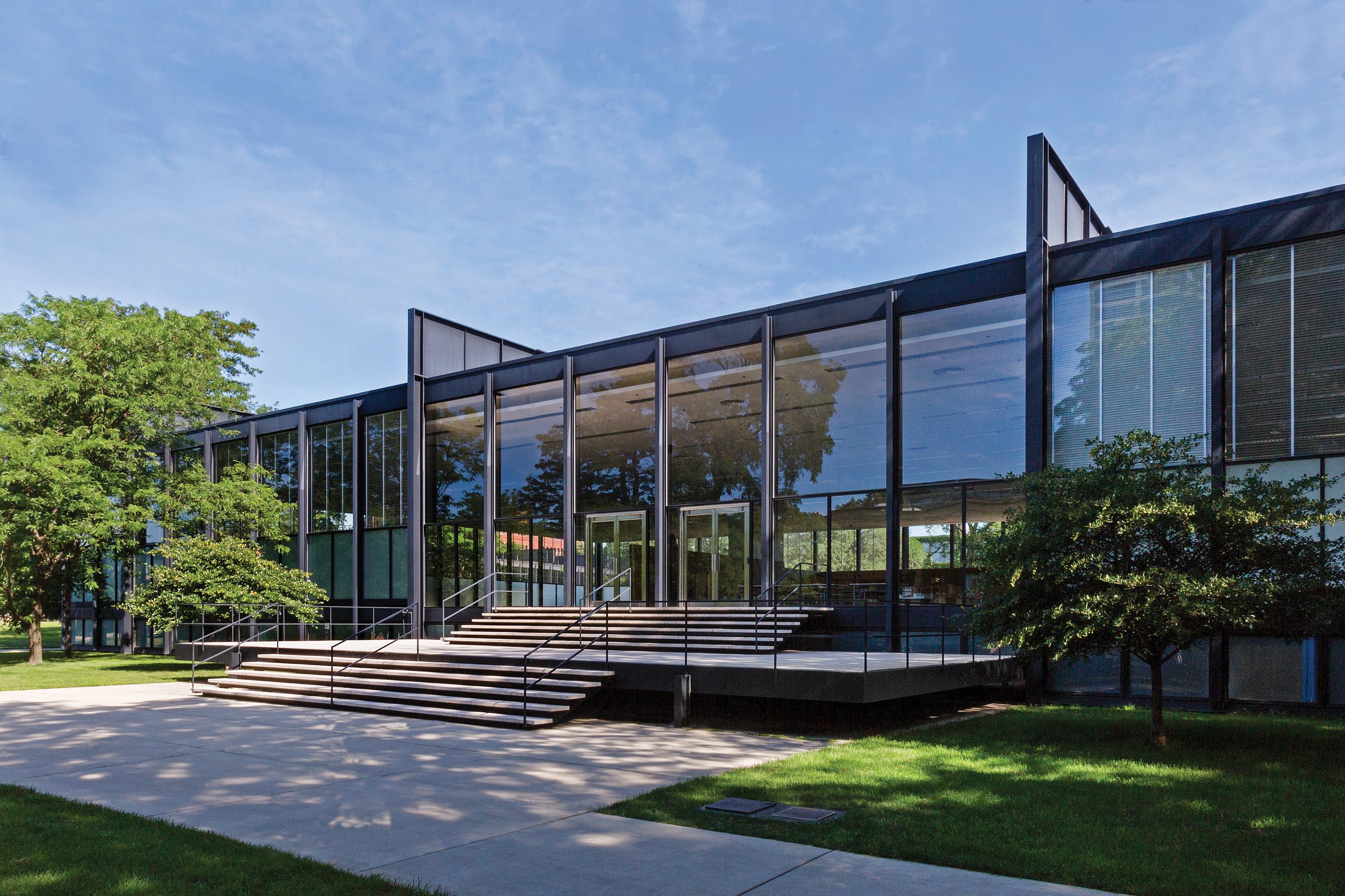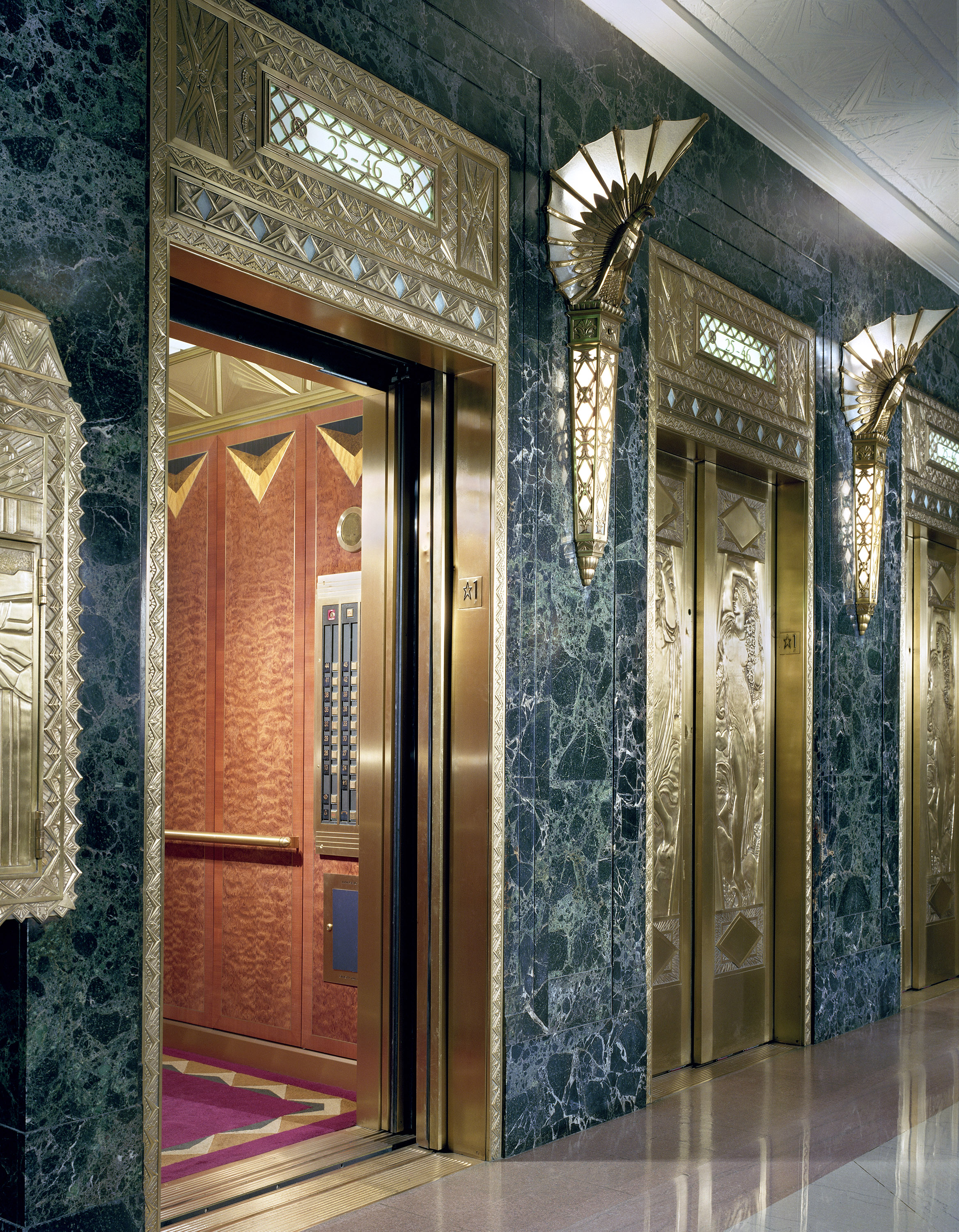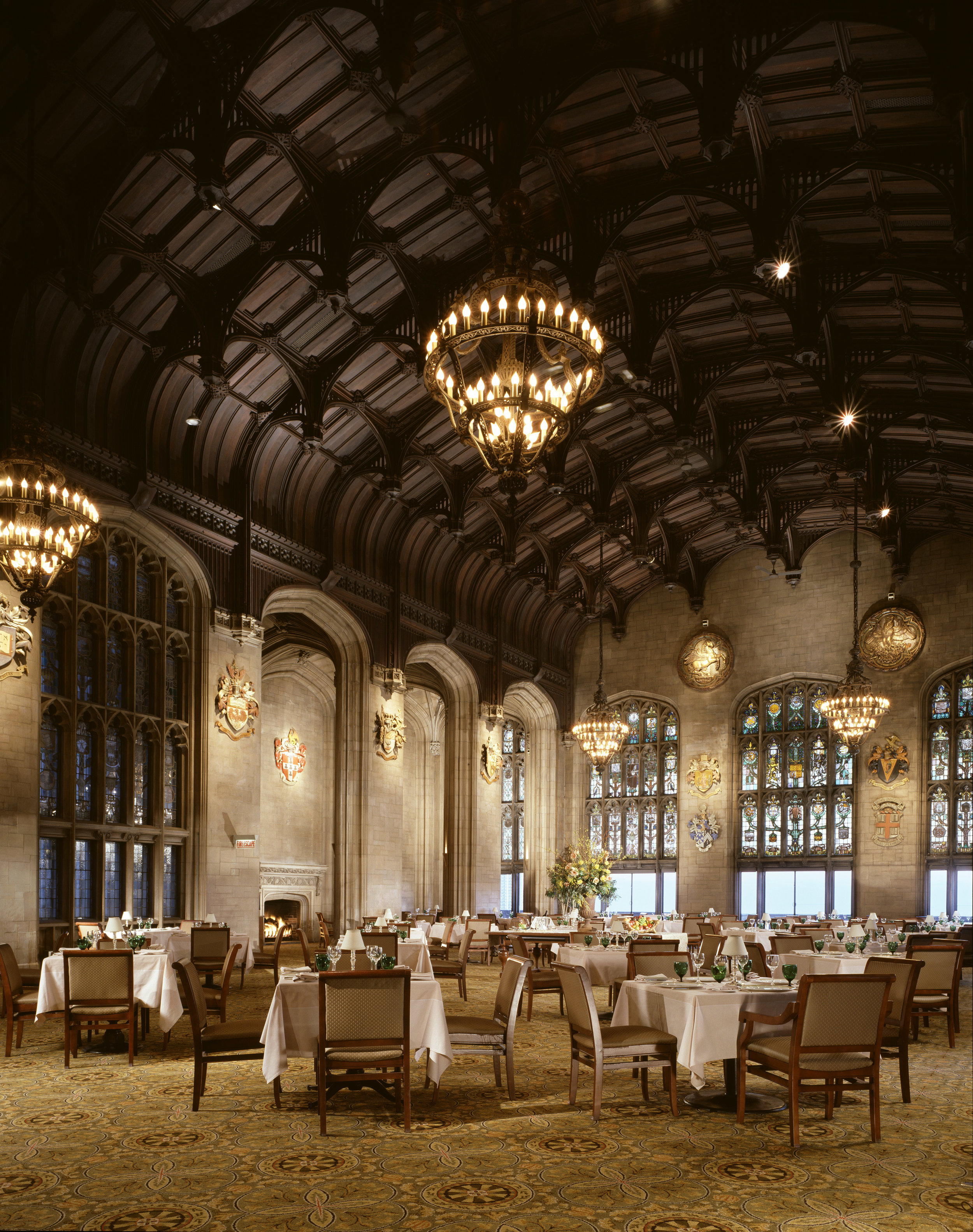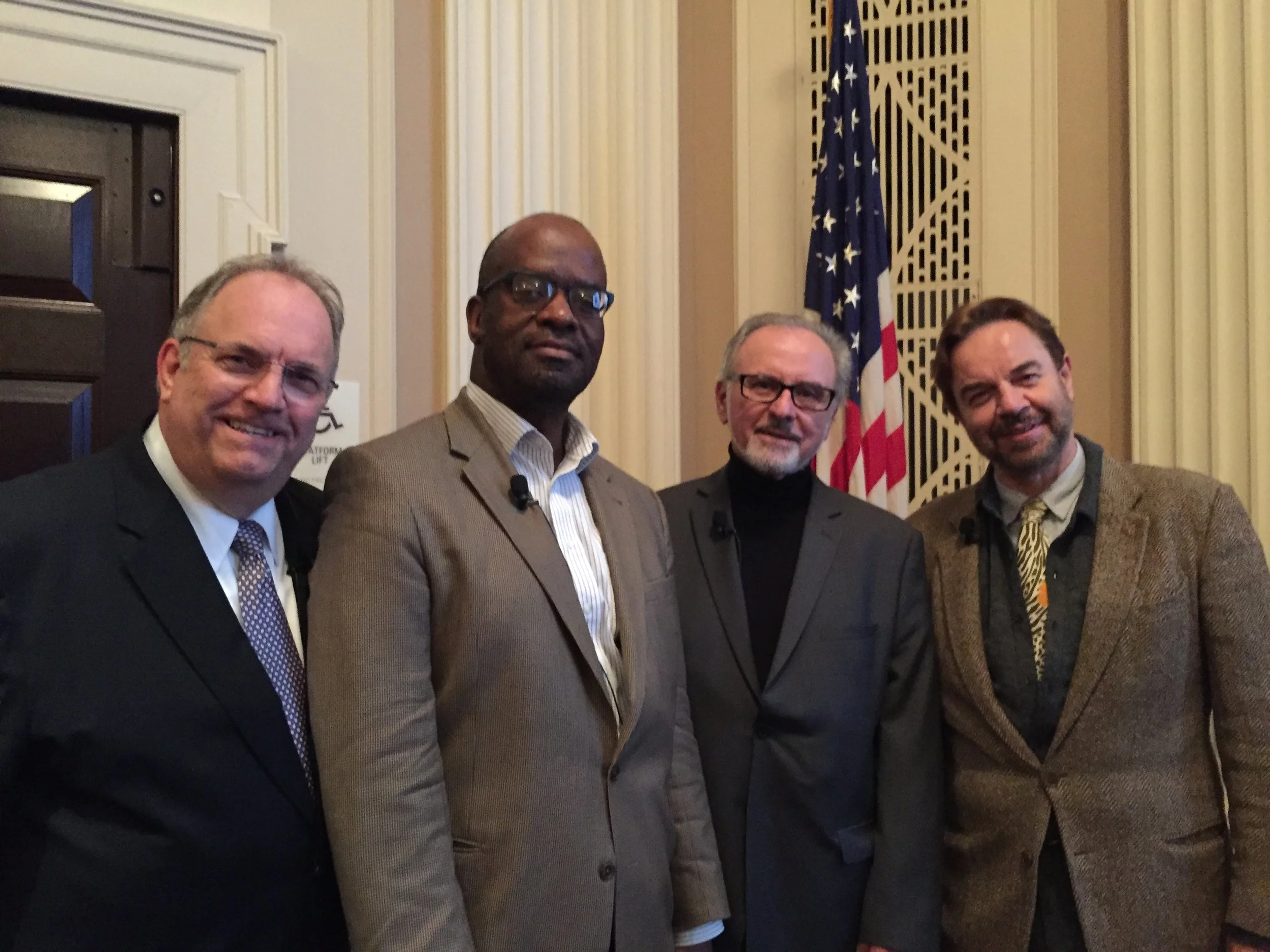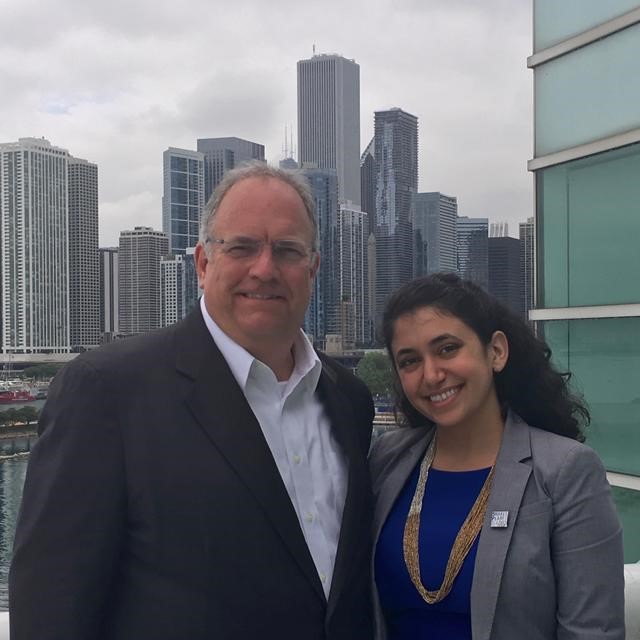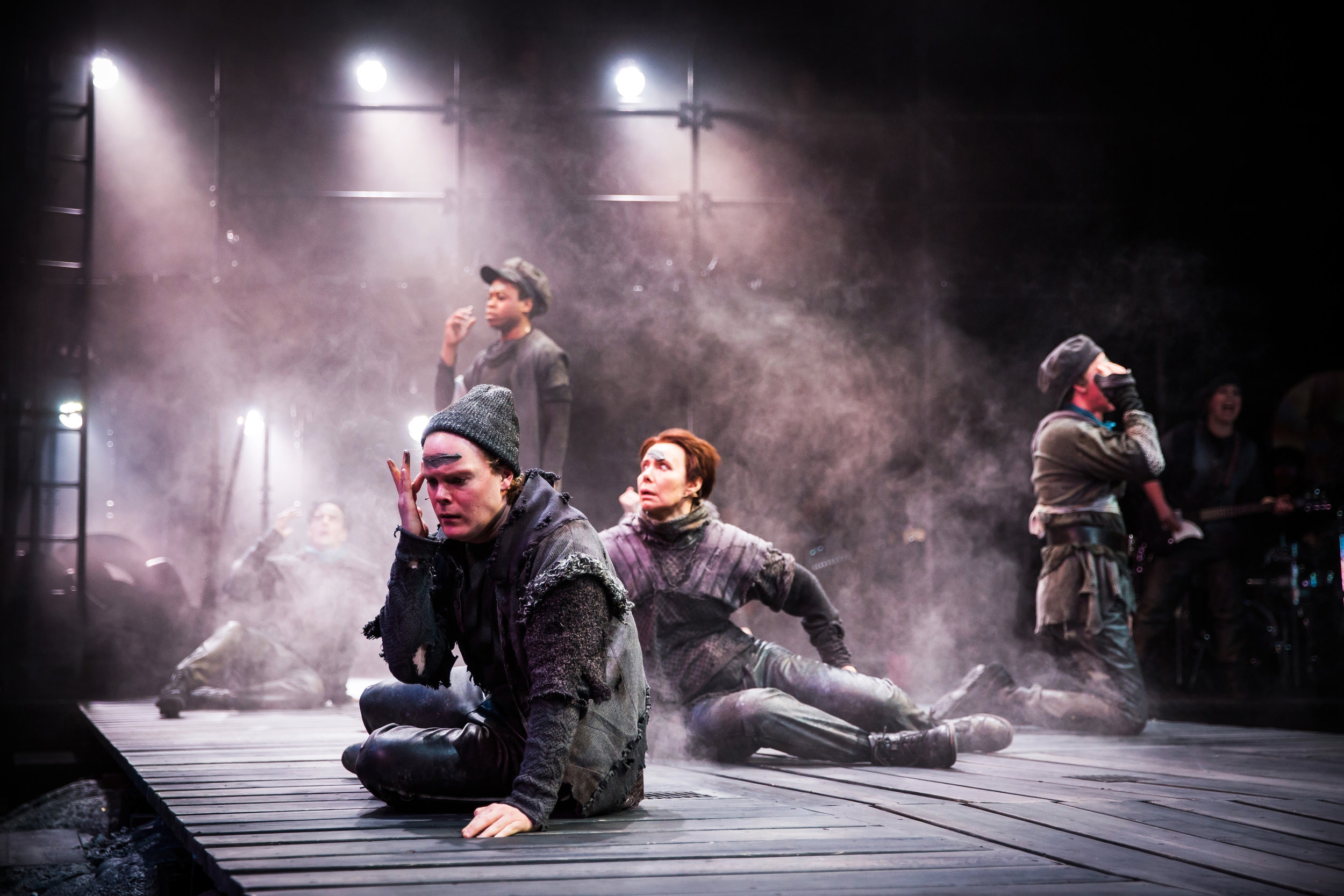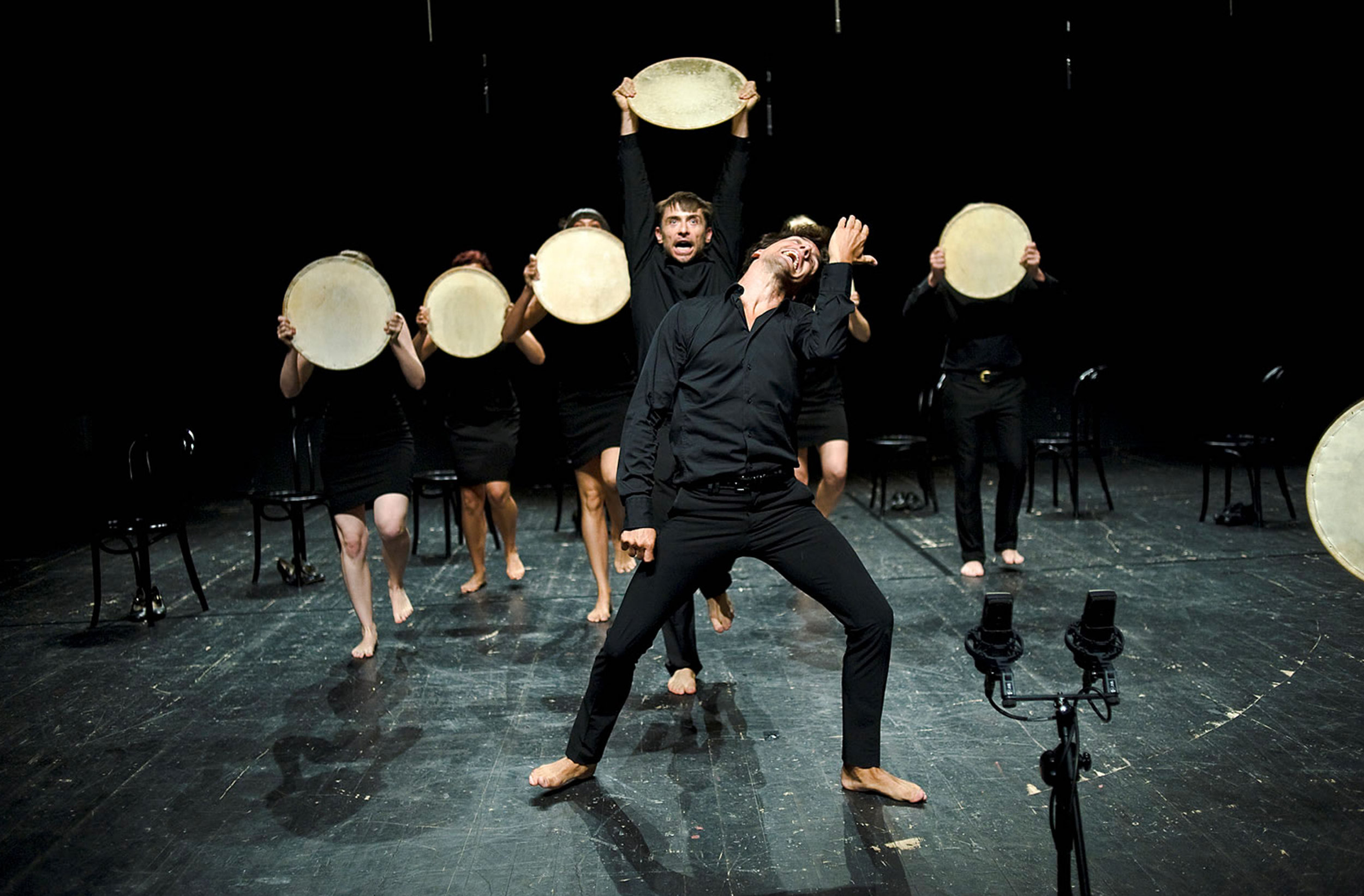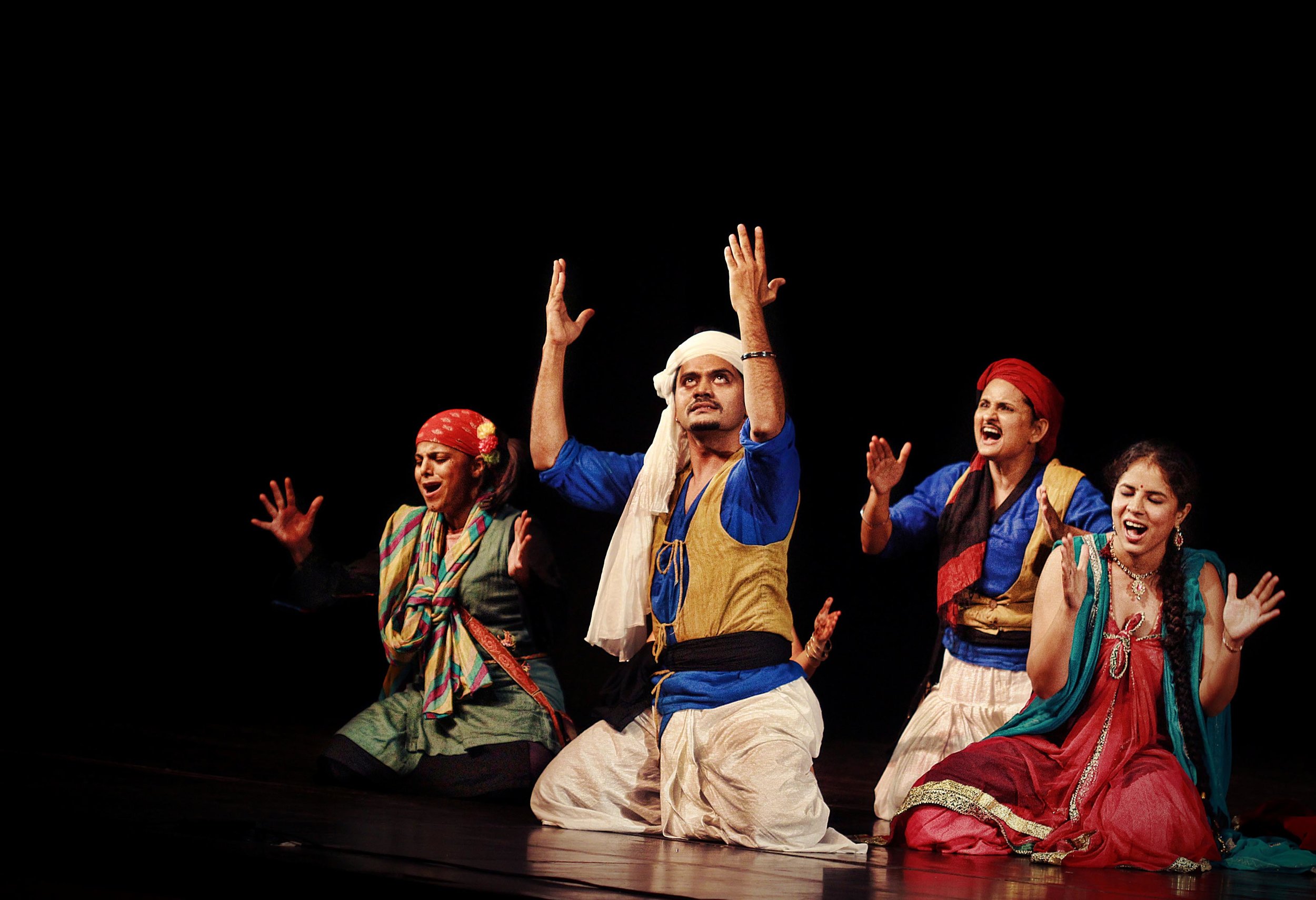Ever feel like you want to throw your cell phone away, but then realize you need to call someone to tell them where you are? Was the last time you ended an argument with a Google search around lunchtime today? How many pairs of shoes did Amazon send to you before you actually wore them?
If you are a keen social observer like Bill Dyszel, there is a good chance that you already know how amazingly dependent we are on the internet, that highway of information and practical applications that make life so easy we often forget to actually live it in real time. Dyszel, an accomplished opera singer who has written and is performing The Internet Ate My Brain at Davenport's Piano Bar and Cabaret on May 14th, is an expert on the topic. He is the author of a growing list of 20 books that includes Microsoft Outlook for Dummies, the popular series of self-help manuals that age like a fine wine with every new version. As we found out in our Q & A this week, in between the finer points of making our lives more efficient in his real job, Dyszel has developed his own special brand of musical commentary about the way we live our lives in the social media age.
We also found out that Bill Dyszel's manic, fresh and inventive style is perfectly suited for the intimate stage at Davenport's. The multimedia show, with musical director Beckie Menzie, is loaded with masterful parodies on a range of comic viewpoints about Amazon, Google, WebMD and a particularly hilarious take on selfies. Dyszel's New York performance was named a Top Ten show by Theater Pizzazz and won a coveted nomination for the Broadway World NY Cabaret Award for Best Musical Comedy.
We caught up with Bill Dyszel to pose a few questions in advance of the Davenport's appearance.
Q & A with Bill Dyszel
ET: Is it safe to say that you straddle two very different worlds: by day, the mild-mannered reporter who dissects complex software upgrades so the rest of us don’t have to, and, by night, a kinetic, hilarious, dialed-up and tuned-in cabaret performer whose laser-sharp musical parodies and original material hit at the heart of our Internet-based world? Or, is there another Bill Dyszel that we do not see as often?
BD: There’s also the content marketing guy who creates lots of business communications material that sells stuff to big companies. It’s not as funny, but it pays better. Now and again there’s also an opera singer, a task that is much less serious than it often looks.
ET: How did the book writing project begin?
BD: I wrote for lots of computer magazines in the heyday of titles like PC Magazine and Computer Shopper, mostly doing product reviews, etc. I reviewed Microsoft Outlook in its first release, and kept covering it ever since.
ET: How much of a program like Outlook does an average person use? There are some obvious priorities, but talk about a couple of features that you were surprised more people don’t use.
BD: I doubt that most people use more than 10 percent of what’s in there. Part of that is because Microsoft used to add flashy new features every 2 to 3 years as a competitive practice. Some of those features stayed in the product, no matter whether they were widely adopted. Most people don’t use the task list much, but it’s a great way to stay on top of all the little chores we all need to do every day. I like the Notes feature, which is where you can keep random scribblings of things you’d like to remember. Microsoft wants people to use One Note for that, but I think the Outlook version is more helpful because it’s right there with your email.
ET: There does not appear to be a lot of IT in the opera world. How has your opera career influenced your musical interests now and what prompted the transition to the very unique and original style you have developed?
BD: It’s hard to say what influences what—do I prefer “legit” sounding music because I did opera, or the other way around? Hard to say. I do prefer performing music that incorporates good vocalism. I’ve also always enjoyed classical music comedians like Victor Borge and PDQ Bach, but I like extending that kind of humor to non-musical topics.
ET: You have performed TIAMB multiple times in New York and Skokie. How has the show been adapted to fit in the smaller and more intimate backroom at Davenport’s on May 14th?
BD: The approach is substantially similar, except that in smaller rooms like Davenport’s in Chicago or Don’t Tell Mama in New York, I have to rig my own tech and run my own cues. The show has some lecture/demo qualities, anyway, so it isn’t a problem. The smaller room also makes audience interaction easier, because audience members aren’t so far from the stage.
ET: Do you consider TIAMB a comedy show with music or a cabaret show with comedy?
BD: It’s comedy with music, the comedy comes first.
ET: Why?
BD: The show only achieves its goals if the comedic parts land right. The comedic material conveys the meaning of the show.


